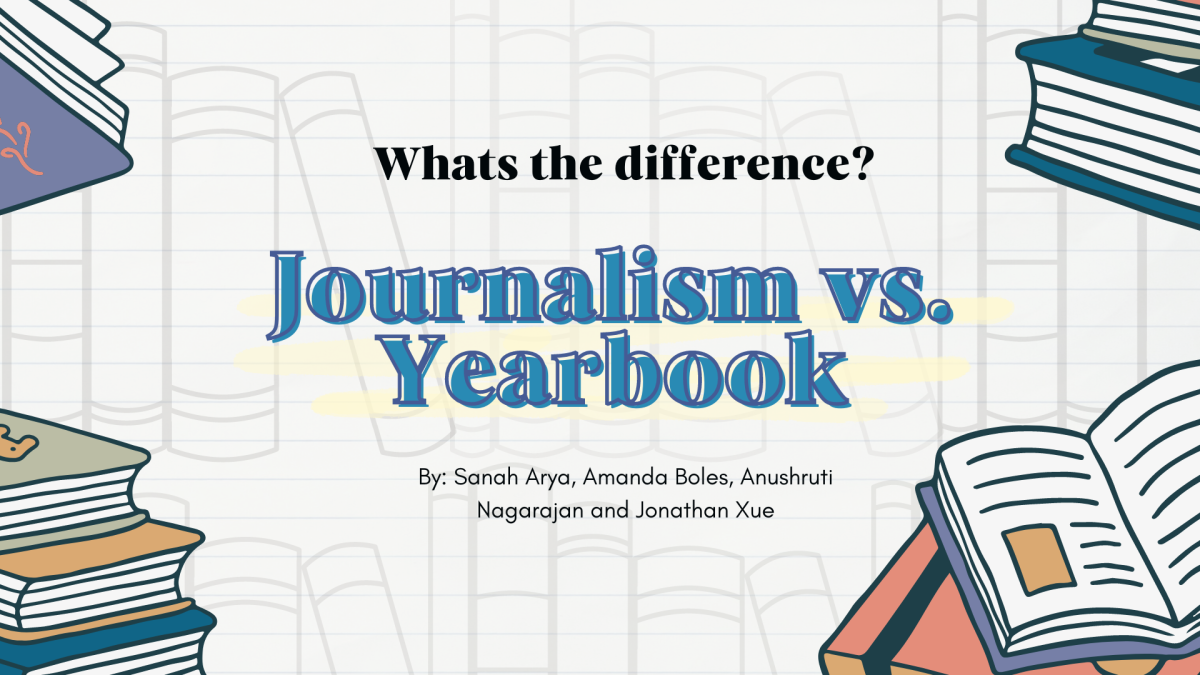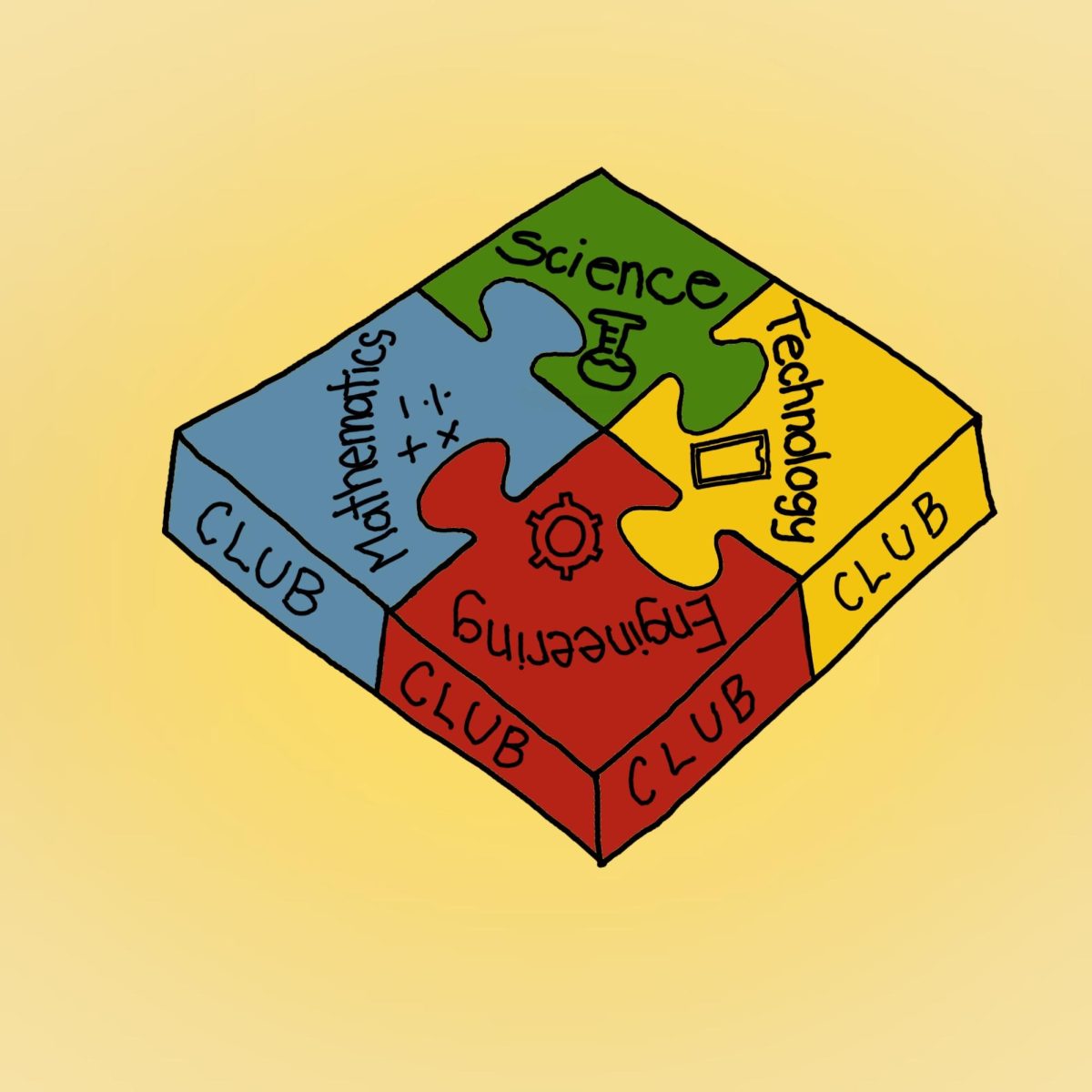Living in the populated Bay Area, I have often found myself caught up in the whirlwind of consumer culture. From flashy advertisements along every highway to the relentless pursuit of keeping up with the latest fashion trends, individuals easily get stuck in a cycle of consumption.

Consumer culture is a lifestyle that focuses on buying unnecessary material goods and is extremely prevalent in Bay Area culture, according to the San Francisco Chronicle. While buying new materials may seem enticing, it is important to realize that the detrimental effects that consumer culture has on individuals far outweigh the short-living benefits.
In middle school, I noticed many of my peers swept up in purchasing trendy items solely for the sake of fitting in. The allure of social acceptance and desire to align with societal norms led them to justify these purchases, and I often felt I should do the same.
Social media further perpetuates this problem, as it is flooded with influencers who never repeat outfits, and allows for purchases to be made at the click of a button. TikTok shop and Instagram advertisements entice viewers to purchase items impulsively, neglecting to think about the negative consequences.
Consumer culture is damaging to the environment, as the resources needed to produce consumer goods are increasingly depleted. Mass consumerism requires large amounts of natural resources to be extracted, leading to finite resources such as oil, minerals and water being exhausted. This in turn leads to individuals wasting more, as they no longer have use for their old material goods.
The number of consumers is growing by the second, and if everyone lived like US consumers, we would need five planets to support us, according to The World Counts.
However, consumer culture also prevents individuals from achieving true happiness. While individuals often buy materialistic goods to satisfy their wants, this spending can promote unhappiness because it takes time away from the things that can nurture true enjoyment, such as relationships with family and friends, according to the American Psychological Association.
I see many around me participating in the latest trends, whether it be a teenager’s obsession with Stanley Cups, or succumbing to fast fashion. Despite occasional reservations, these behaviors were so normalized that they were even glorified, and despite my morals, I too would engage in this culture to feel a sense of belonging.
It is easy to consume goods to feel temporary happiness, however ultimately, fostering genuine connections and embracing authenticity are the foundations of meaningful relationships and lasting fulfillment. While there is no harm in occasionally splurging, constantly engaging in buying unnecessary items will have a detrimental impact on both yourself and the world.













